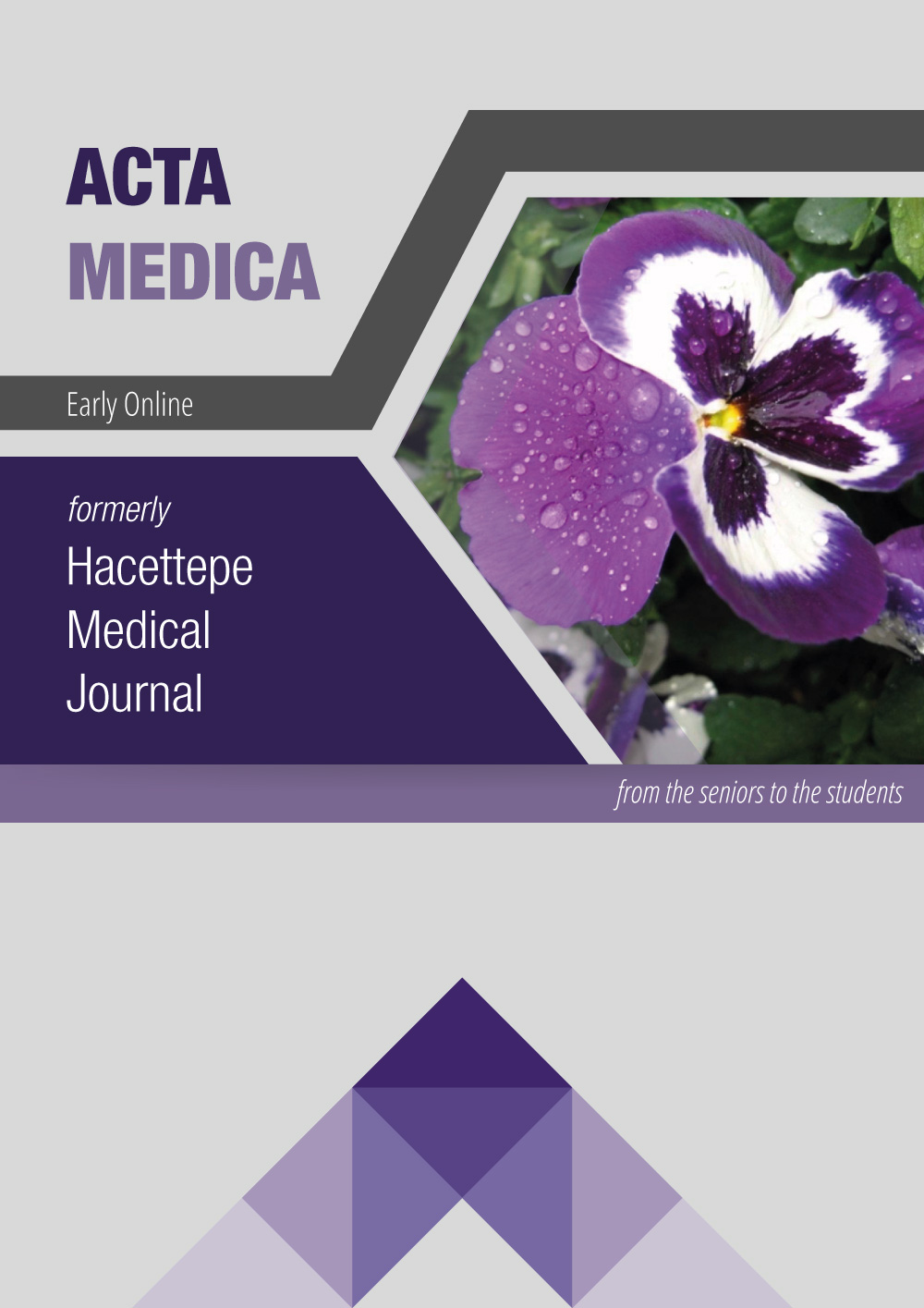A potential prognostic indicator in methanol intoxication: Body temperature
DOI:
https://doi.org/10.32552/2024.ActaMedica.1012Keywords:
methanol, toxicity, temperature, hypothermia, mortalityAbstract
Objective: Methanol intoxication is a type of poisoning with high mortality and morbidity. The current study aims to examine patients diagnosed with methanol intoxication and treated with standardized treatment to collect data that may be used to predict patient outcomes and mortality.
Materials and Methods: The current study was a retrospective study and included patients over 18 years of age diagnosed with methanol intoxication between 1st March, 2011 and 1st March, 2021. All patients were treated with the treatment protocol determined by the clinic in accordance with the guidelines. Sociocultural characteristics, vital and laboratory findings, and clinical outcomes of the patients were analyzed.
Results: Of the 28 patients included in the study, 80% were male, and the median age was 49. Patients were divided into two groups: survived and deceased. The median time since last alcohol intake was higher in surviving group (7 hours (Q1-Q3:6-12) vs 4 hours (Q1-Q3:2-17), p=0.005) and the amount of alcohol per kilogram of weight was lower in surviving group (3.13 ml/kg (Q1-Q3: 1.34-4.46) vs 8.81 ml/kg (Q1-Q3:5.22-9.49), p=0.002). The body temperature was lower in deceased group (35.40 °C (Q1-Q3:34.95-35.50) vs 36.40 °C (Q1-Q3:36.10-36.55), p=0.001). The current study showed that the other diagnostic factors of mortality in methanol intoxication are serum pH, lactate levels, bicarbonate levels, base deficit, anion deficit, the level of consciousness of the patient at admission, the time since the last alcohol consumption, and the amount of methanol ingested.
Conclusion: In this study, it was concluded that moderate hypothermia may be an indicator of mortality in addition to classical findings. Thus, it has been shown that hypothermia will be effective in methanol intoxication in addition to other early markers for early diagnosis and rapid initiation of treatment.
Downloads
Downloads
Published
How to Cite
Issue
Section
License
Copyright (c) 2024 Acta Medica

This work is licensed under a Creative Commons Attribution-NonCommercial-NoDerivatives 4.0 International License.


